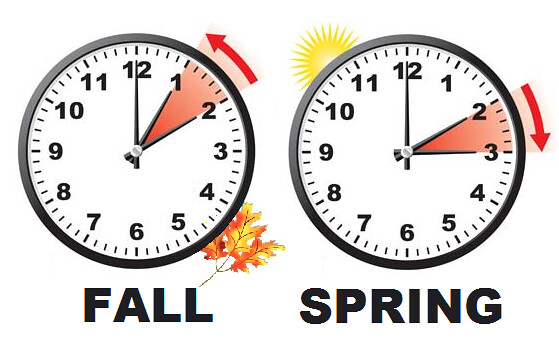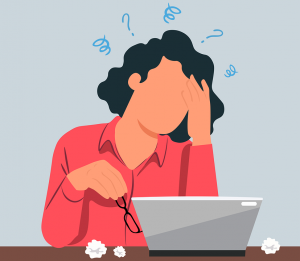Daunting Daylight Savings

November 5, 2019
Daylight savings is when people around the world change their clocks back an hour during late fall, and forward an hour during early spring. The change in time can have short-term effects on people’s sleep schedules due to the changing of the clocks. According to Web Exhibits, a Swedish study found that the risk of having a heart attack increases in the first 3 weekdays after switching to DST in the spring. In the same article, it’s said that Benjamin Franklin and his friends had proposed advancing clocks 20 minutes on each of the four Sundays in April, and then doing the same thing but backwards on four Sundays in September. But if you dig deeper, you’ll find out that the daylight-saving tradition which was adopted in the United States a hundred years ago. While people might feel not as tired in the fall, when the clocks “spring” forward, people often feel temporarily exhausted with the change of the clocks.
The brain’s internal clock can take up to a week to adjust to a new time change, and many people will experience trouble falling asleep and staying asleep during that period. Interestingly, those risks are higher during the first three days of Daylight Savings Time in the spring than during the first few days of Standard Time in the fall. A 2008 Swedish study in the New England Journal of Medicine found that the day after the fall time change, there are fewer heart attacks, possibly linking getting extra sleep and a reduced risk of heart attack.
However, not all states abide by these rules of the time changes. Arizona and Hawaii refuse to change their clocks. Both Massachusetts and Maine have considered getting off DST, but have yet to do so. Internationally, 70 nations practice Daylight Saving Time, but that barely makes up 40% of the countries in the world.
Many farmers don’t like losing that extra hour in the fall because it gives farmers less time to work outside in the light. DST means an hour less in the morning to milk the cows or harvest crops to market.
According to congress, the Energy Policy Act of 2005 extended DST by another month, in an effort to save electricity; however, A 2008 US Department of Energy study found that the decrease of electricity was just 0.003%.
Whether or Daylight Savings Time is effective is still up for debate. Nonetheless, for now, it is here to stay.





